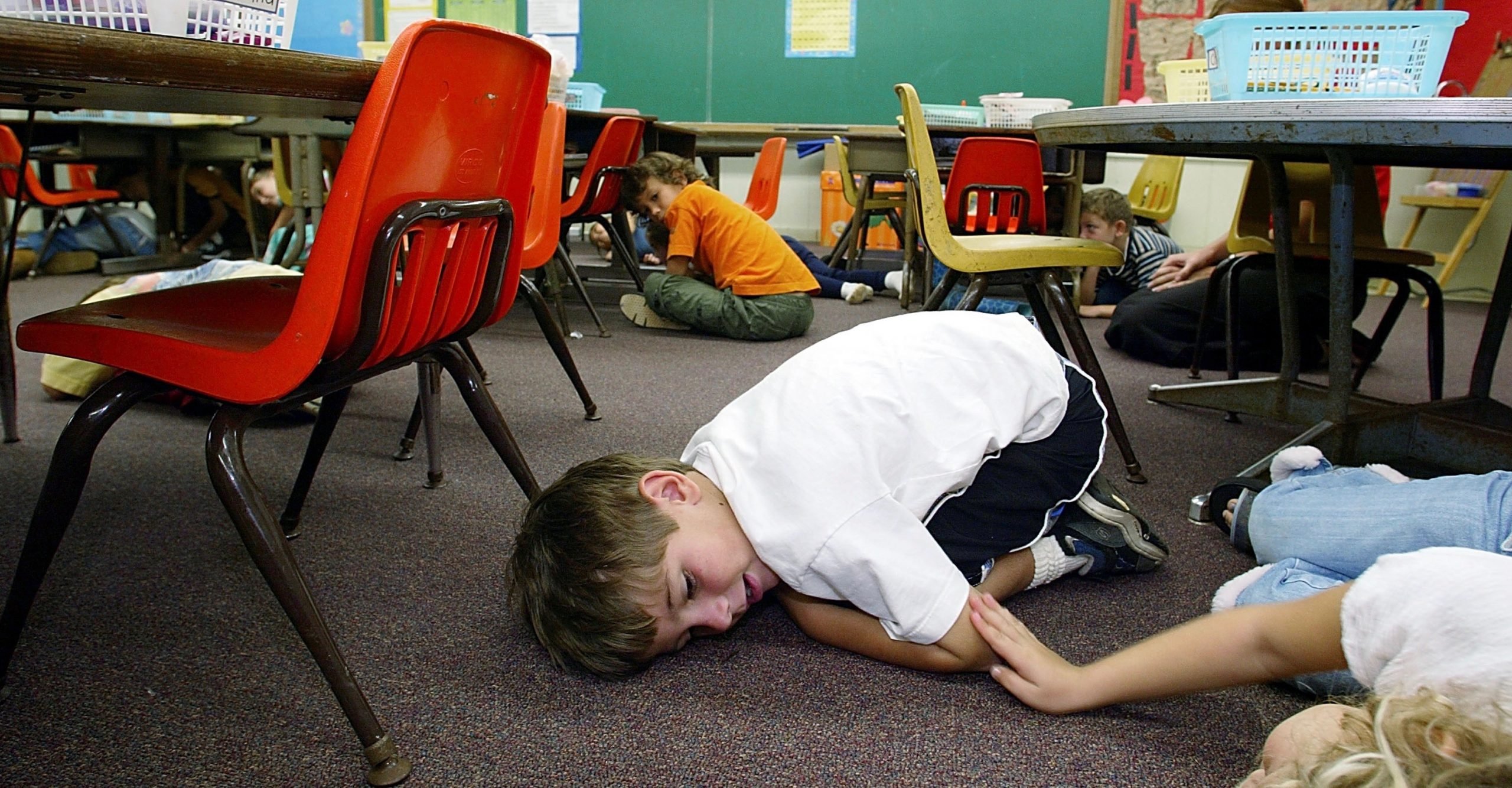Good morning, Bulletin readers. Today, we welcome our newest editorial partners, and take a hard look at a hidden disparity of gun violence: the unequal access to trauma care that can correlate to big differences in survival rates for victims.
Receive this daily news briefing by email every morning. Sign up here.
WHAT TO KNOW TODAY
NEW from THE TRACE: In New York, the neighborhood you’re shot in may determine whether you survive. Despite the city’s dramatic decrease in shootings over the past decade, the proportion of people dying from gunshot wounds has risen in some pockets. The Trace, in partnership with Measure of America and THE CITY, mapped the 12,000-plus shootings recorded by the NYPD between 2010 and October 2018. Our analysis found that the farther away a shooting victim was from a Level I or II trauma center, the more likely they were to die. The problem has been most acute in southern Queens, where the lone trauma center is struggling. Sean Campbell, Maya Miller, and Lara Laderman investigate.
A Sandy Hook father was awarded $450,000 in his defamation suit. Lenny Pozner, whose 6-year-old son, Noah, was killed in the 2012 shooting, won a case in July against the editors of a conspiracy theory-laden book that argued the massacre was a hoax and that his son’s death certificate was fake. Pozner reached a settlement with one of the men last month, and this week a Wisconsin jury determined the penalty for the other. “When you defame people online, that has consequences,” Pozner said.
Florida’s school safety commission is recommending less frequent, higher quality active-shooter drills. Under a law passed in response to the Parkland shooting, schools in the state hold at least one active shooting drill per month. “Since that time, some students, educators and parents have expressed concern that the drills are too frequent and potentially traumatizing to some students, elementary school students in particular,” according to a draft report prepared by the panel. The commission is advising that drills be held quarterly and made “developmentally appropriate” for younger students.
A white supremacist is trying to overturn Vermont’s high-capacity magazine ban. A man who’s admitted to harassing a black legislator is the only Vermonter so far charged with violating the state’s limit on ammunition magazine capacities, which was signed last year by Republican Governor Phil Scott. The white supremacist’s lawyers are challenging the ban in Vermont’s Supreme Court. Now 18 state attorneys general have filed briefs calling for the law to be upheld.
Two more cities adopt street-level violence interruption program. Greensboro, North Carolina, allotted $500,000 for Cure Violence, a nationally recognized anti-violence program that deploys outreach workers to de-escalate street conflicts. Local officials in Milwaukee on Tuesday voted to spend $58,000 on the program. St. Louis approved $5 million for the program earlier this month.
Ohio gun reform groups look to put background checks on the 2020 ballot. Mayor Nan Whaley of Dayton is endorsing the effort, which must gather 130,000 signatures from half of Ohio’s counties by the end of the year in order to qualify. From The Trace archives: Several states have tightened their gun laws through ballot initiatives in recent years. In response, the National Rifle Association has backed bills that constrain the ballot initiative process.
A suspect was arrested in July’s mass shooting in Brooklyn. The NYPD made the arrest late Wednesday and charged the suspect with several counts, including murder. The shooting at the Brownsville block party left one dead and 11 others injured.
To prevent shootings, one Arizona high school is requiring clear backpacks. The Douglas Unified School District unanimously voted to implement the policy that takes effect Monday. The policy was devised after two students brought a gun to school last week.
An Indiana woman who warned police her son would shoot up a school now faces felony charges. Prosecutors are charging Mary York, 43, with child neglect and allowing her 14-year-old son to access a gun 11 months after she told police the teen was on his way to attack his former school. After exchanging fire with officers, he took his own life. Police initially called her a hero and told her she likely saved many lives.
DATA POINT
California will spend $3.85 million to develop the nation’s first program to teach doctors how to counsel patients about gun safety. [Sacramento Bee]

